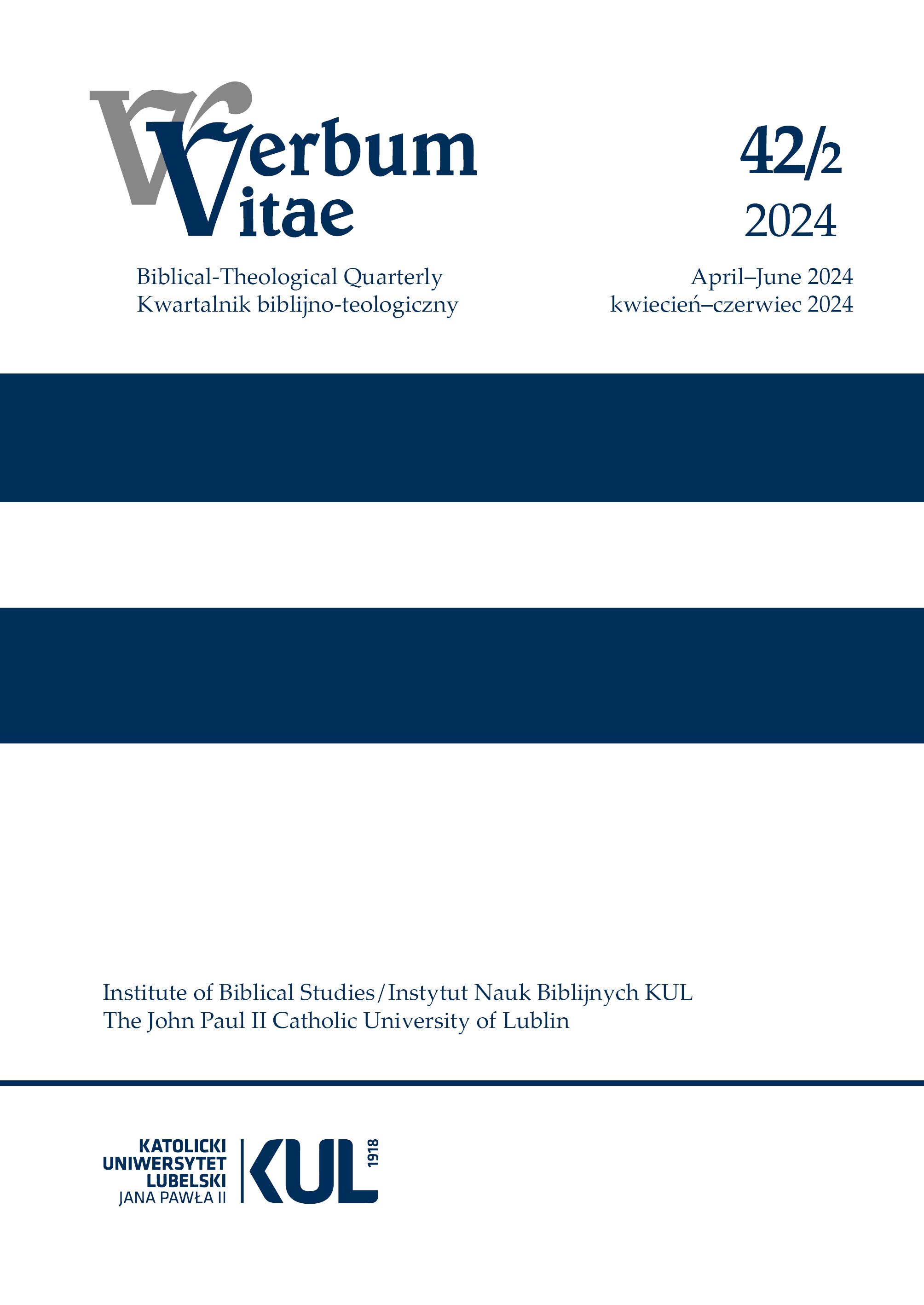Ontological Dimension of Community Education Refers to Augustine’s Thought in The City of God
Ontological Dimension of Community Education Refers to Augustine’s Thought in The City of God
Author(s): Carolus Borromeus Mulyatno, Agus WidodoSubject(s): Christian Theology and Religion, Theology and Religion
Published by: Katolicki Uniwersytet Lubelski Jana Pawła II
Keywords: conscience; ethical principles; happiness; altruistic love; community education
Summary/Abstract: To educate each person integrally as a member of society, ethical principles with an ontological dimension are needed. This qualitative research with literature study method aims to explore the ontological dimension of community education refers to Augustine’s thought in The City of God. The results of this study show that community education is synonymous with building the City of God, which is characterized by human relationships with God so that they are able to use freedom driven by altruist love to implement social responsibility for the realization of peace, justice and happiness in common life. Education of conscience plays an important role in developing the sensitivity, concern and responsibility of each person to realize true happiness in life together. True happiness, which is the goal of everyone’s life, has a moral, relational-dialogical, dynamic and affective character. Altruistic love, which stems from man’s relationship with God, is an ethical principle in social life. At the same time, the idea of each person’s relationship with God and his presence in conscience confirms Augustine’s position on the ontological dimension of the morality of living together. Augustine’s ideas about the ontological dimension of social morality have influenced moral education in the Christian tradition and philosophical discourse over time.
Journal: Verbum Vitae
- Issue Year: 42/2024
- Issue No: 2
- Page Range: 361-376
- Page Count: 16
- Language: English

